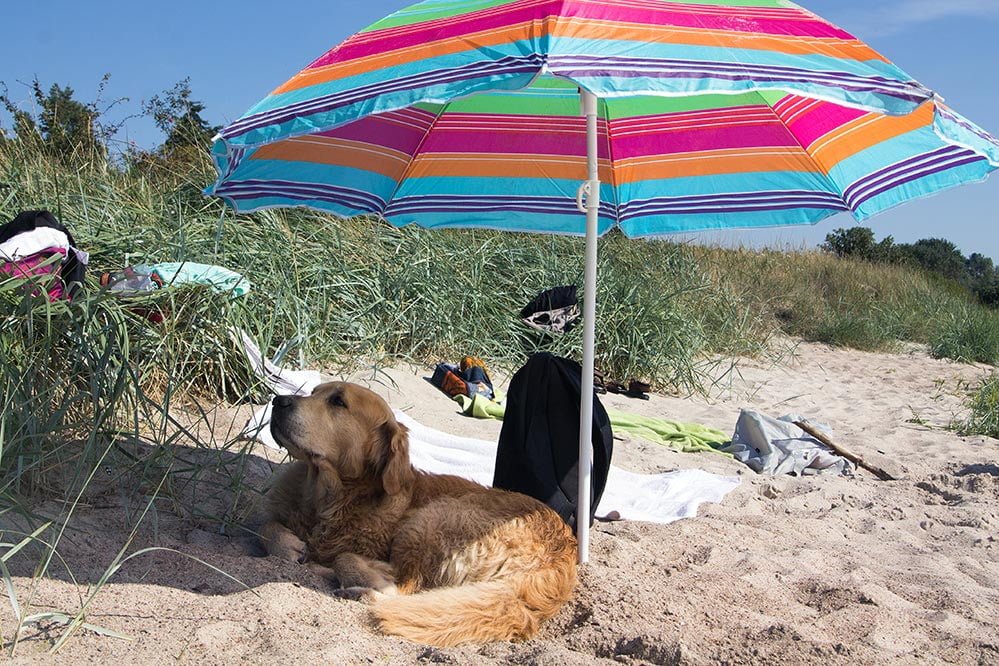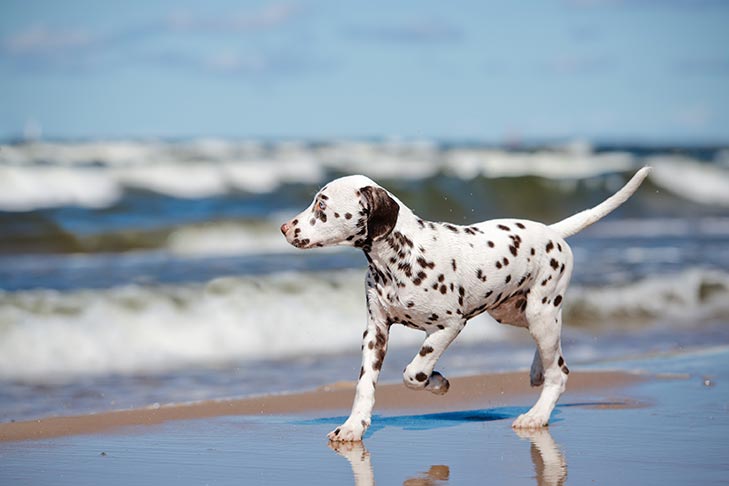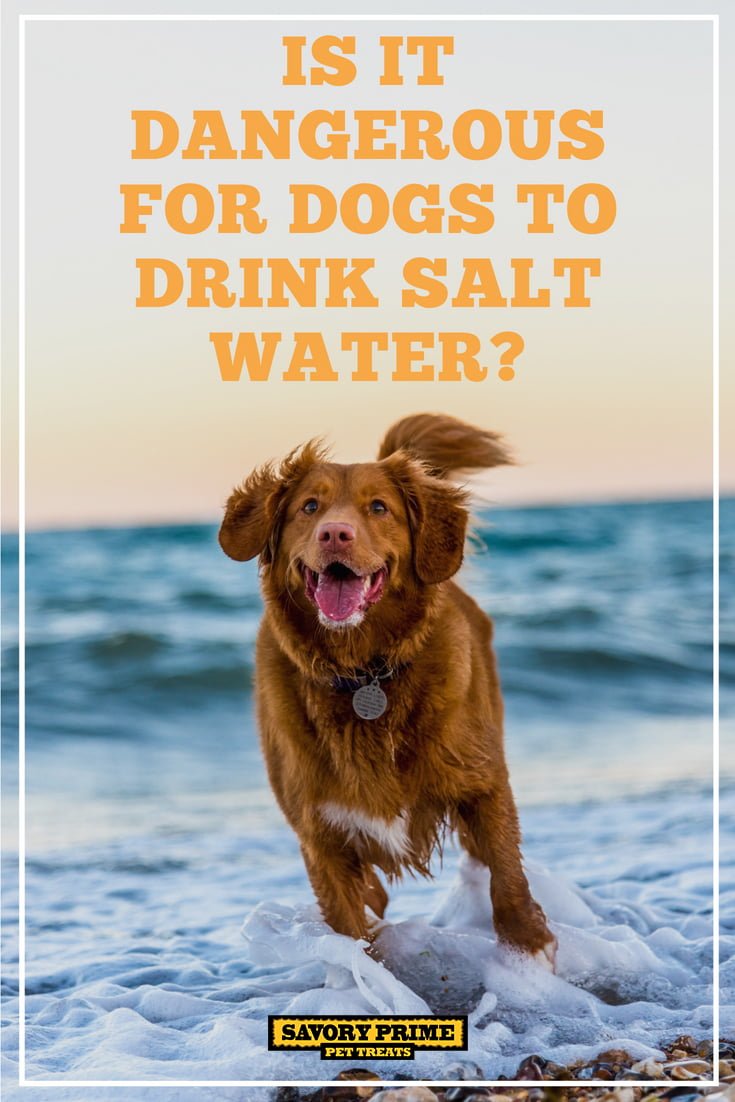Anyone who has ever swallowed a mouthful of salt water after swimming in the ocean knows how unpleasant it tastes. When it comes to our canine companions, drinking salt water isn’t just dangerous for dogs, it can also be deadly.
Dogs Drinking Salt Water
Dogs love playing at the beach, but games of fetch, chasing waves, and swimming can all lead to saltwater consumption. In most cases, a few mouthfuls of salt water may only cause diarrhea. Consuming large amounts of salt water, however, can be fatal.
The osmotic properties of salt water disrupt the fluid balance in your dog. This can lead to deadly amounts of fluid around the brain, inflammation, and gastric ulcers and hemorrhages. Dogs with toxic levels of sodium in their systems have a mortality rate higher than 50 percent, regardless of treatment.
Treating Saltwater Poisoning in Dogs
If you suspect that your dog has consumed a toxic amount of salt water, your best bet is to get him to the veterinarian as quickly as possible. Unfortunately, there is no specific treatment for saltwater poisoning in dogs.
Your veterinarian will attempt to restore your dog’s water and electrolyte balance to normal levels. Lowering sodium levels too quickly, however, can be dangerous, increasing the likelihood of cerebral edema (fluid on the brain).
In ideal cases, the water and electrolyte balance will be restored over a period of 2-3 days. This usually involves hospitalization. Further supportive care and medications may be given, depending on your dog’s condition.
Symptoms of Saltwater Poisoning in Dogs
Drinking excessive amounts of salt water typically results in vomiting within a few hours. While mild cases may only involve a few bouts of diarrhea, in severe cases the dog may suffer from weakness, diarrhea, muscle tremors, and seizures. If your dog shows any of these signs, even diarrhea, call your veterinarian or local veterinary emergency hospital for advice.
Preventing Saltwater Poisoning
The amount of salt water required to reach toxic levels depends on your dog’s access to fresh water. The best thing you can do to keep your dog safe at the beach is to make sure he always has access to fresh water. If you notice your dog drinking ocean water, restrict his access, provide him with fresh water and shade, and keep an eye on him for signs of toxicity.
Recent Pet Posts
Blog Categories
Product categories
- Accessories (9)
- Chicken & Veggie Wraps (8)
- Grillers Jerky Tenders (4)
- Jerky Treats (10)
- Made in the USA (9)
- Non-Rawhide Treats (28)
- Beggar Bone (11)
- Bully Sticks (4)
- Butcher Bone (4)
- Cod Skin Fish Treats (3)
- Pork Skin Twists (2)
- Pressed Rawhide Bones & Rolls (16)
- Bones & Rolls (6)
- Pressed Rawhide Bulk (6)
- Twist Sticks (4)
- Savory Munchies (13)
- Supreme Bones & Rolls (48)
- American Rawhide Bulk (16)
- Rawhide Bones (14)
- Rawhide Chips (6)
- Rawhide Rolls & Sticks (12)
- Uncategorized (8)



